Research indicates that consuming even a single can of soda daily may increase the risk of developing diabetes. Products like Mountain Dew Kickstart are high in empty calories, meaning they do not provide vital nutrients such as antioxidants or fiber. Furthermore, studies suggest that sugary drinks can be highly addictive.
For an in-depth exploration of Mountain Dew Kickstart, including its ingredients and health effects, reading further articles can offer a wealth of knowledge.What is Mountain Dew Kickstart?
As an avid fan of navigating the vast landscape of energy drinks, my journey led me to Mountain Dew Kickstart. This beverage stands out as a three-in-one option that merges the worlds of morning refreshments, coffee, and juice into a singular can.
With a caffeine content of 92 mg per can, as noted on its official website, it positions itself as a middle ground between the likes of Red Bull and Monster.
Yet, what truly intrigues me is its dual role as a breakfast beverage and a stimulant.
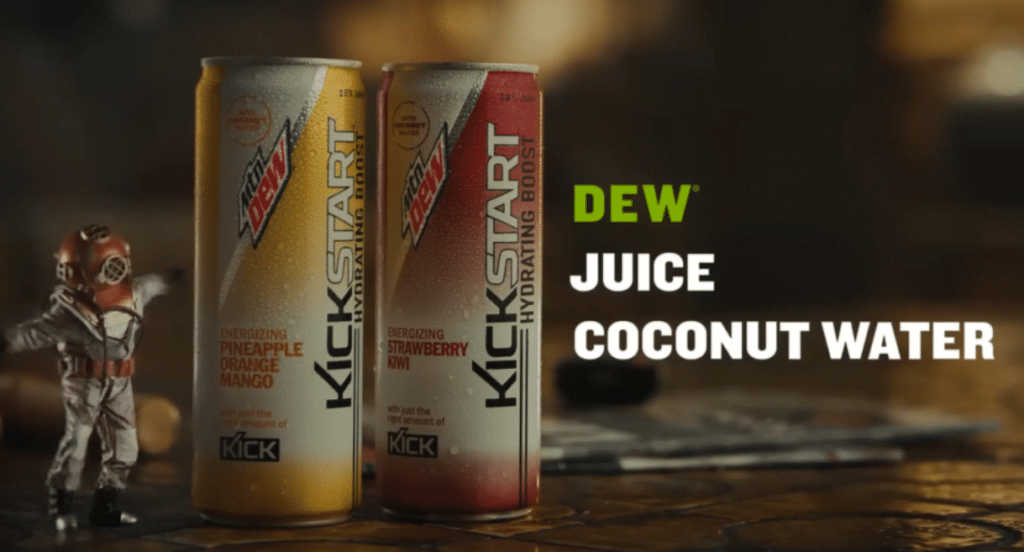
Delving into the scientific perspective, the American Journal of Clinical Nutrition and StatPearls have provided insights into how caffeine functions as a stimulant to ward off fatigue and drowsiness.
Their research, titled “Caffeine for the Sustainment of Mental Task Performance,” underscores its efficacy.
However, the presence of high fructose corn syrup among its ingredients raises questions regarding its caloric intake and potential negative side effects when compared to other foods and drinks in a diet.
Reflecting on personal experience, Mountain Dew Kickstart offers a palpable benefit in mitigating morning sluggishness.
Yet, it’s imperative to balance these benefits with a keen eye on overall health, especially considering the broader implications of regular consumption on one’s diet.
Brief Overview Of Its Ingredients
Mountain Dew Kickstart merges the exhilarating rush of energy drinks with the iconic flavor of Mountain Dew, tailored for those seeking a delightful boost to their day.
It’s crafted with a mix of ingredients designed to energize and refresh, making it a popular choice among energy drink enthusiasts.
Below is a closer look at the key components that make Mountain Dew Kickstart not just a beverage, but a vibrant Kickstarter to any moment:
- Carbonated Water: The lively fizz in Mountain Dew Kickstart comes from carbonated water, offering a refreshing base that awakens your senses.
- High Fructose Corn Syrup: Sweetness in Kickstart is powered by high fructose corn syrup, a common sweetener that brings its bold taste to life.
- Concentrated Orange Juice: A dash of natural flair, concentrated orange juice adds a fruity twist, infusing the drink with a bit of vitamin C and zest.
- Citric Acid: Citric acid not only preserves the freshness but also balances the sweetness with a tangy kick, enhancing the overall flavor profile.
- Natural Flavors: These are the secrets behind the unique taste, crafted from natural sources to perfect the beverage’s distinctive flavor.
- Caffeine: The energizing kick is delivered by caffeine, revving up your alertness and focus, making Kickstart a go-to for a quick energy boost.
- Sodium Benzoate and Potassium Sorbate: These preservatives ensure your Kickstart stays fresh, preventing the growth of unwanted microbes and extending shelf life.
- Gum Arabic: Gum Arabic, sourced from acacia trees, acts as a stabilizer, ensuring a smooth blend of all the ingredients for a consistent texture.
- Vitamins B3 and B6: A boost of B vitamins (Niacinamide for B3 and Pyridoxine Hydrochloride for B6) supports energy metabolism, adding a nutritional punch.
- Color Additives: Bright and inviting, color additives like Yellow 5 give Kickstart its vibrant hue, making it visually appealing.
- Ginseng Extract: For an extra layer of energy, ginseng extract is included, believed to have natural properties that help increase stamina and focus.
This breakdown showcases Mountain Dew Kickstart as a blend of refreshment, energy, and flavor, designed for those who seek a quick pick-me-up with a tasty twist.
In conclusion, while Mountain Dew Kickstart can be a tasty and refreshing option, it’s important to consider the potential health effects of its ingredients. Moderation and awareness of your body’s needs are essential when consuming any beverage.
Flavors Of Mountain Dew Kickstart
Embarking on a taste adventure with Mountain Dew Kickstart is like tuning into a playlist where each track is a vibrant burst of energy and flavor. This drink isn’t just about quenching your thirst; it’s about adding a splash of excitement to your day, no matter the occasion.
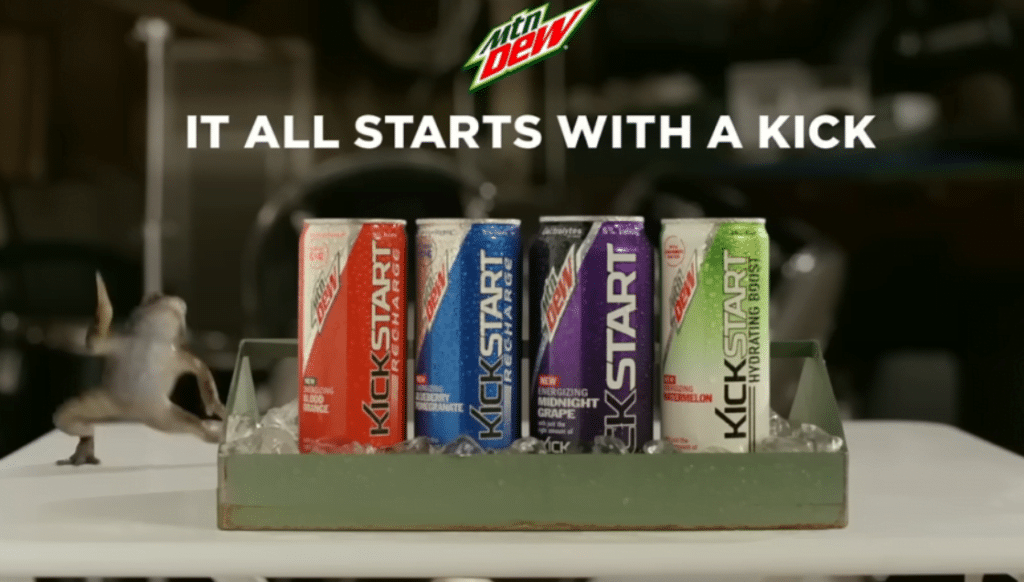
Let’s dive into the symphony of flavors that make Mountain Dew Kickstart not just a beverage but a companion for those moments when you need that extra kick:
- Fruit Punch: Imagine the taste of a lively party, captured in a can. The Fruit Punch flavor is like dancing through a jubilant carnival of sweet, fruity melodies that awaken your taste buds with every sip.
- Orange Citrus: Sipping on the Orange Citrus flavor feels like catching the first rays of sunshine on a brisk morning. It’s a refreshing blend of zesty orange and sparkling citrus notes, perfect for those who seek a bright start to their day.
- Black Cherry: The Black Cherry flavor is akin to a mysterious night out, with its deep, sweet yet tart undertones. It’s the choice for those who appreciate the complexity of flavors, offering a sophisticated twist to the energy drink genre.
- Limeade: Limeade is the taste of summer in a can, offering a refreshing escape with its crisp, tart, and tangy lime flavor. It’s like a refreshing breeze that revitalizes your spirit on a hot day.
- Midnight Grape: Dive into the night with Midnight Grape, a flavor that combines the rich and juicy taste of dark grapes with a cool, invigorating finish. It’s perfect for night owls and adventure seekers alike.
- Mango Lime: Mango Lime is a tropical getaway, a harmonious blend of sweet mango and tangy lime that transports you to your favorite beachside escape, making every sip a mini-vacation.
- Pineapple Orange Mango: This flavor is a trio of sunshine, a vibrant mix that feels like a joyful jump into a pool of fresh, exotic fruits. It’s for those who crave a bold, adventurous flavor journey.
Each flavor of Mountain Dew Kickstart is a unique story, a melody of tastes designed to energize and inspire. Whether you need a morning boost, an afternoon pick-me-up, or a late-night companion, there’s a Kickstart flavor that matches every mood and moment.
So, why settle for the mundane when you can kickstart your day with flavors that elevate your energy and tantalize your taste buds?
Mountain Dew Kickstart, a popular energy drink designed to give consumers a boost, combines the familiar taste of Mountain Dew with added caffeine and other energy-boosting ingredients.
While it aims to kickstart your day or provide an energy lift, some individuals may experience adverse effects, reflecting the complexity of how our bodies react to different substances.
Mountain Dew Kickstart Alternatives
For those seeking alternatives to Mountain Dew Kickstart, there’s a world of beverages that offer both the energy boost and flavor variety you may be craving. Whether you’re looking for something with less sugar, fewer artificial ingredients, or just a different taste profile, here are some options to consider:
1. Zevia Energy: Zevia Energy drinks are a great alternative for those looking to avoid sugar and artificial colors. Made with natural ingredients, including caffeine from coffee extract, Zevia offers a clean energy boost without calories or sugar, available in multiple flavors.
2. V8 +Energy: V8 +Energy drinks provide a fruit and vegetable juice-based alternative, with caffeine sourced from green tea. This option is not only lower in sugar compared to traditional energy drinks but also includes servings of fruits and vegetables, making it a healthier choice.
3. RUNA Clean Energy: RUNA bases its energy formulation on organic guayusa, a leaf from the Amazon that’s naturally rich in caffeine and antioxidants. With no artificial ingredients and a focus on clean, sustainable energy, RUNA offers a unique taste and a smooth energy boost.
4. Hiball Energy Sparkling Water: For those who prefer their energy without the sweetness, Hiball Energy Sparkling Water delivers caffeine, ginseng, and B vitamins in zero-calorie, unsweetened carbonated water. It’s perfect for anyone seeking a straightforward, refreshing energy lift.
5. Guru Organic Energy: Guru Organic Energy drinks are crafted with organic ingredients and naturally occurring caffeine from green tea and guarana. They’re designed to provide a smooth energy boost without artificial colors, flavors, or preservatives, appealing to health-conscious consumers.
These alternatives to Mountain Dew Kickstart offer a range of benefits, from lower sugar content and the absence of artificial ingredients to the inclusion of natural and organic components. They cater to a variety of tastes and dietary preferences, ensuring there’s an option for everyone looking to energize their day in a healthier, more natural way.
Potential Mountain Dew Kickstart Side Effects
Caffeine-Related Side Effects
The caffeine content in Mountain Dew Kickstart is relatively moderate compared to more potent energy drinks. However, sensitivity to caffeine varies greatly among individuals. For those with lower tolerance or sensitivity to caffeine, even small amounts can lead to noticeable side effects, including:

- Jitters and Anxiety: The stimulating effects of caffeine can cause a feeling of nervousness or jitters, a common response for those not used to consuming caffeine regularly.
- Digestive Issues: Caffeine accelerates digestion, which can sometimes result in diarrhea or discomfort for some individuals.
- Headaches: While caffeine can alleviate headache symptoms for some, it can also cause headaches as the effect wears off, leading to withdrawal symptoms.
- Agitation: Excessive caffeine intake can lead to feelings of agitation or restlessness.
- Ringing in Ears (Tinnitus): A less common side effect, but some people may experience ringing in their ears with high caffeine consumption.
- Chest Pain: High doses of caffeine can lead to chest pain or palpitations, although this is rare with the amount of caffeine typically found in Mountain Dew Kickstart.
Moderation And Consumption Guidelines
Mountain Dew Kickstart has become a popular energy drink with various flavors added with fruit juice for a tasty and energizing formula.
My take on enjoying its benefits without overindulgence is to practice moderation and understand its place within a balanced lifestyle.
While it’s tempting to reach for another can for that quick energy boost, recognizing the importance of balance—especially when it comes to caffeine intake—is essential.
This approach allows one to enjoy the vibrant flavors and energy benefits of Kickstart while maintaining overall health and wellness.
Recommended Daily Intake Of Mountain Dew Kickstart
Mountain Dew Kickstart offers a refreshing and invigorating way to consume your daily energy boost. However, it’s important to consume it in moderation.
The American Heart Association recommends that individuals limit their added sugar intake to 36 grams for men and 25 grams for women per day.
Given that a single 16-ounce can contain 20 grams of sugar, limiting consumption to one can or less is advisable to stay within these guidelines.
From personal experience, adhering to this advice not only allows you to enjoy Kickstart’s benefits but also supports a balanced approach to energy drink consumption.
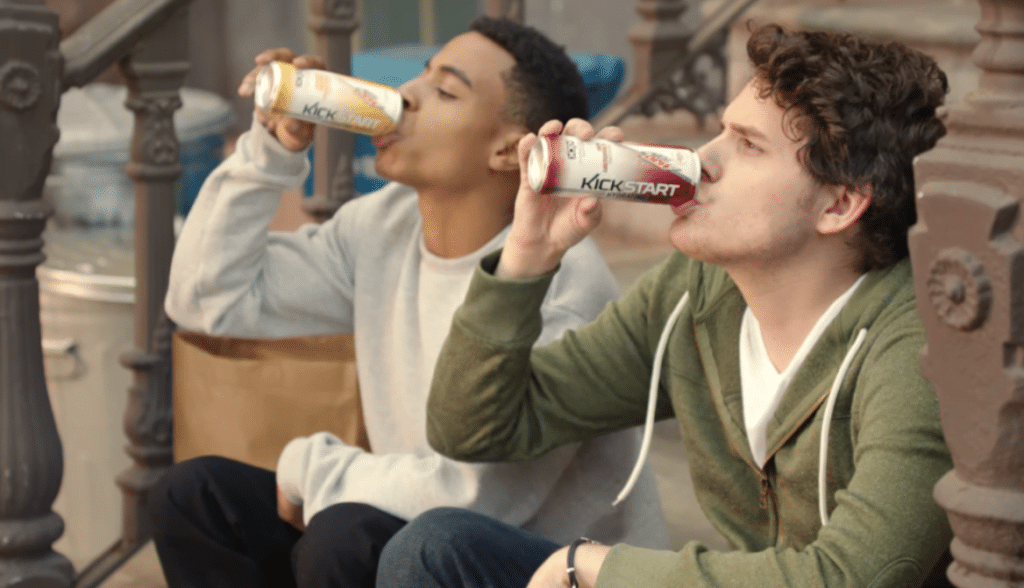
Expert Opinions And Studies
Analysis Of Scientific Studies On Energy Drinks
Energy drinks, including Mountain Dew Kickstart, have been closely examined in scientific studies, with research indicating both positive and negative impacts on health. These drinks provide an energy boost due to their high caffeine content.
However, consuming them in moderation is important; excessive caffeine consumption can lead to side effects such as increased heart rate, anxiety, and disrupted sleep patterns.
Drawing from personal insight and expert analyses, it’s evident that while they can offer temporary benefits, the potential health risks underscore the need for careful consumption.
Health Professionals’ Perspectives On Mountain Dew Kickstart
Health professionals express concerns over the high sugar content in Mountain Dew Kickstart, noting that consuming excessive sugar can contribute to weight gain, tooth decay, and an increased risk of diabetes and heart disease.
Experts often recommend limiting the intake of sugary beverages and energy drinks like Kickstart to occasional consumption for a temporary energy boost.
They emphasize the importance of maintaining a balanced diet and incorporating healthy lifestyle practices.
Balanced Viewpoints On Its Impact On Health
Moderation is the key when considering Mountain Dew Kickstart as a suitable replacement for a well-balanced diet or healthy habits. It can serve as a quick pick-me-up, but relying on energy drinks for long-term energy can adversely affect overall health.
Before consuming Kickstart regularly, it’s wise to consult a healthcare provider or registered dietitian for personalized guidance tailored to your health circumstances and nutritional needs.
In summary, Kickstart may offer a temporary energy boost, but being mindful of its high caffeine and sugar content is crucial for avoiding potential negative health effects. Making informed decisions about beverage choices is essential for optimal health and well-being.
Remember, this information is for informational purposes and not meant as medical advice, which is best recommended by a healthcare professional.
We Try Every Mountain Dew Kickstart Flavor
FAQ: Is Mountain Dew Kickstart Bad for You?
Q: How many flavors of Mountain Dew Kickstart are there?
Mountain Dew Kickstart offers ten different flavors, including varieties like Kickstart Hydrating Boost and Kickstart Recharger. This range provides a broad spectrum of options for those looking for a flavorful energy boost.
Q: Is Mountain Dew Kickstart a healthy choice?
Mountain Dew Kickstart, marketed as a low-calorie soft drink with added caffeine, presents a mix of ingredients that some might argue provide additional calories to help stay alert and energized. However, too much caffeine and sugar can lead to negative effects on health, including increased blood pressure and dehydration.
Q: Is Mountain Dew Kickstart bad for your health?
Considering the available information, Mountain Dew Kickstart is not the healthiest beverage choice. Research comparing it to soda shows effects on health can lead to negative results.
Q: Can I have Mountain Dew Kickstart occasionally?
There is no harm in occasionally enjoying a can of Mountain Dew Kickstart, as it’s recommended to not consume it too often. If you’re in need of an energy boost, options like coffee or tea might be healthier alternatives to opt for.
Q: Can Mountain Dew Kickstart help with weight loss?
Mountain Dew Kickstart is generally considered extremely sweet and contains virtually no calories, making it an appealing option for those looking to shed pounds. However, it’s important to note that this beverage does not provide any substantial nutritional benefits.
Q: Is Mountain Dew Kickstart considered healthy in moderation?
Mountain Dew Kickstart is not considered bad as long as it is consumed in moderation, with a proper limit on caffeine and sugar intake.
Q: Does Mountain Dew Kickstart have the same amount of caffeine as other energy drinks or coffee?
The main active ingredient in Mountain Dew Kickstart, caffeine, contains far less when compared to other energy drinks or coffee.
Q: Can Mountain Dew Kickstart be a beneficial energy drink option?
Mountain Dew Kickstart, as an energy drink with great flavor, effects are not necessarily bad if consumed in moderation, but may not be ideal for those who seek nutritional benefits.
Q: Are Mountain Dew Kickstarts healthy?
Mountain Dew Kickstart, a caffeinated beverage that combines fruit juice with soda, can provide a temporary energy boost but contains high amounts of sugar, artificial ingredients, and caffeine content, which may have potentially negative effects on sleep patterns and overall health.
Q: Is it OK to drink Mountain Dew every day?
Due to its high sugar content, drinking too much soda like Mountain Dew Kickstart can cause gain weight, and increase the risk of heart disease, depression, diabetes, and stroke. Becoming addicted to sugar and dependent on caffeine makes it easy to get stuck in a habit, but don’t worry, Cutting back is hard, but not impossible.
Q: Is Mountain Dew Kickstart an energy drink
Yes, Kickstart is marketed as a look into the energy drink category but contains far less caffeine—92 milligrams per 16-ounce can—comparable to regular Mountain Dew, which has 72 milligrams, and much less than PepsiCo’s Amp, another energy drink, with 142 milligrams, according to the Center for Science in the Public Interest.
Q: What kind of drink is Kickstart?
PepsiCo’s Kickstart is a carbonated beverage that is not a soda, with a 5 percent juice content that qualifies it to be considered a “juice drink” under guidelines from the Food and Drug Administration. An FDA spokeswoman noted that the FDA doesn’t have strict definitions for what exactly qualifies as a soda or an energy drink.
Q: Is Mountain Dew Kickstart safe?
Mountain Dew Kickstart, a caffeinated beverage that combines fruit juice and soda, can offer a temporary energy boost but contains high amounts of sugar, artificial ingredients, and caffeine content, which may have potentially negative effects on sleep patterns and overall health.

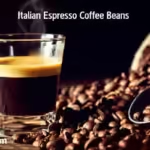
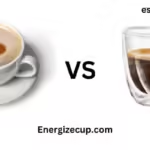
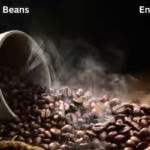


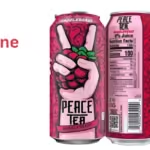
Your article helped me a lot, is there any more related content? Thanks!